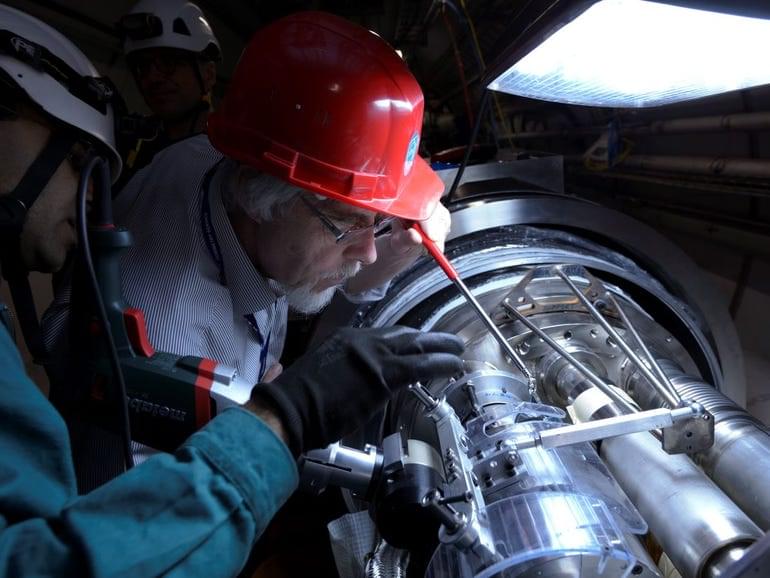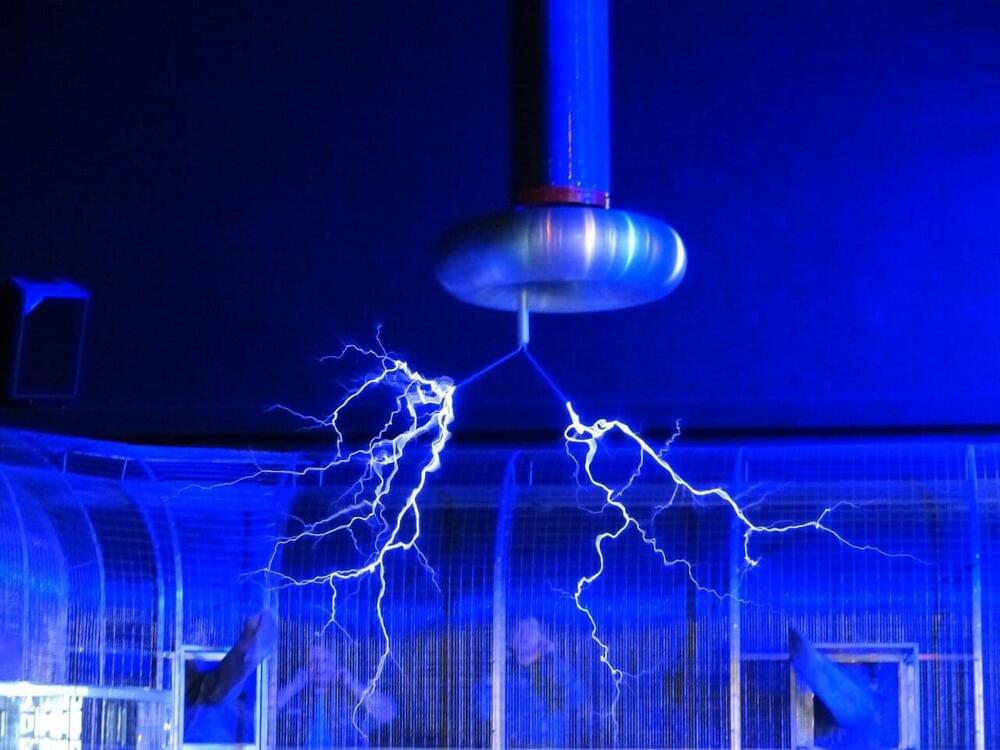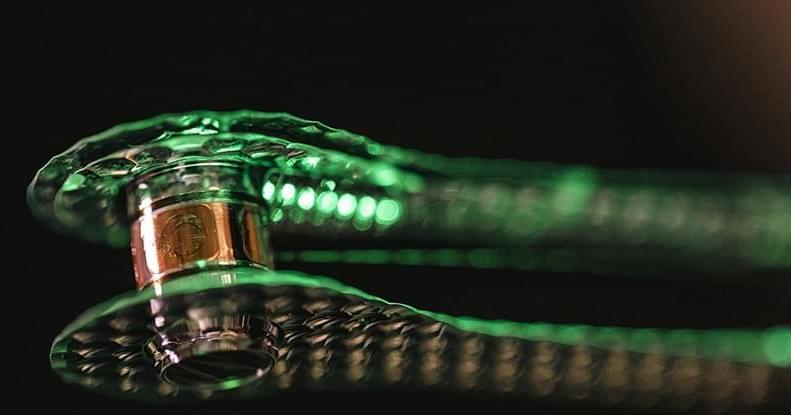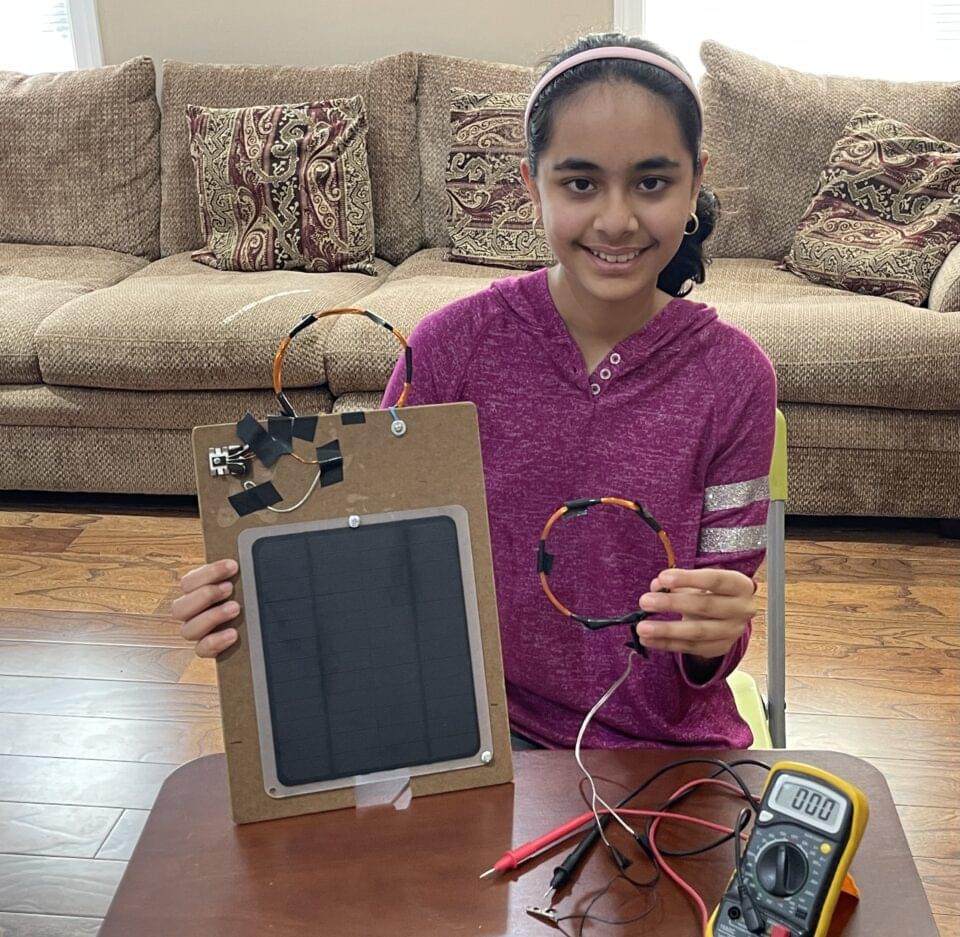👉For business inquiries: [email protected].
✅ Instagram: https://www.instagram.com/pro_robots.
You are on the PRO Robots channel and today we are going to talk about the main trends in science and technology for the next 10 years. How will the world of robotics change in 2022 and what will happen in the next 10 years? Experts say robots will become as commonplace in our lives as smartphones and laptops. Watch the top robotics trends in one video!
0:00 In this video.
0:23 Smart factories.
1:16 Robot interaction.
1:40 Semi-structured Environment.
2:20 Machine vision.
3:04 Artificial Intelligence.
3:43 Intuitive programming and RaaS
4:31 Robot maintenance.
5:08 Robots everywhere.
5:43 Unmanned cars.
6:52 Delivery robots.
7:29 Logistics Robots.
7:53 Robot dogs.
8:34 Humanoid robots.
#prorobots #robots #robot #futuretechnologies #robotics.
More interesting and useful content:
✅ Elon Musk Innovation https://www.youtube.com/playlist?list=PLcyYMmVvkTuQ-8LO6CwGWbSCpWI2jJqCQ
✅Future Technologies Reviews https://www.youtube.com/playlist?list=PLcyYMmVvkTuTgL98RdT8-z-9a2CGeoBQF
✅ Technology news.
https://www.facebook.com/PRO.Robots.Info.
#prorobots #technology #roboticsnews.








